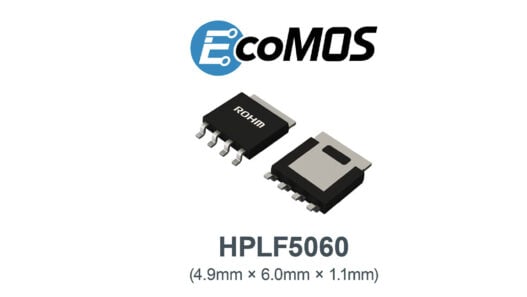This is the first round of investment from the agency’s Enabling Technologies Programme, part of the National Space Innovation Programme dedicated to supporting UK companies breaking ground in technologies to enhance spaceflight capabilities.
The £2.1 million total is divided between nine projects and will be followed by a series of funding rounds open to commercial businesses, academia and not-for-profit organisations promising cutting-edge technologies that will take UK space capabilities to new heights.
Craig Brown, UK Space Agency Director of Investment, said: “These projects showcase the diversity of skills in space-related science and engineering that are growing all over the UK.
“By supporting innovations in emerging and new areas of space technology, such as space-based solar power, extreme ultraviolet Integral Field Spectroscopy, electrothermal propulsion and more, we ensure that the UK stays at the forefront of global advances in space, generating more business opportunities and inspiring more people about the many career options that this thriving sector offers.”
Recipients include Wales-based Space Forge’s Project Helios, which is developing a retractable solar array, in partnership with Microlink Devices, to power returnable spacecraft and enable in-orbit servicing to prolong the life of other satellites in space.
A team at Durham University will also receive support for the development of the image slicer technology for a world-first integral field spectrograph in the extreme ultraviolet, which will transform our observations of the Sun and high-energy astrophysics.
Growing the UK space sector and the wider economy by supporting experts and organisations across the country is a National Space Strategy priority. The UK Space Agency last year committed £71 million to back new technologies, helping smaller businesses develop new ideas and products that will reduce reliance on non-European nations for space capabilities while supporting emerging areas, such as space-based solar power.
The projects
- Lancaster University (£240,000) – E-band travelling wave tubes for high throughput satellites – Design and creation of a high power, compact, low-cost E-band travelling wave tube amplifier to enable 5G and 6G high data transmission.
- Surrey Space Centre, University of Surrey (£250,000) – Plasma torch rocket electrothermal thruster for space logistics (PLATOR) – Development of a new electrothermal propulsion system to enhance in-orbit servicing, manufacturing and spacecraft manoeuvring.
- Swansea University (£250,000) – Levitated optomechanical technologies in space (LOTIS) – This project develops key technologies, including nanoparticle sourcing, conditioning, and optical trapping, to enable levitated optomechanics for large mass fundamental quantum mechanics experiments and inertial and space environment sensing.
- University of Strathclyde (£250,000) – Micro LEDs for satellite quantum key distribution – Development integration of UV micro-LEDs to enable compact, low-power, robust sources for satellite quantum key distribution, which will support technology for encrypted communications.
- Durham University (£250,000) – Advancing metal optics technology for space systems – This project aims to develop metal optics, enabling higher performance, more compact, instrument concepts for Earth Observation and for exploration missions.
- Durham University (£190,000) – Looking up image slicers optimum capabilities in the extreme ultraviolet for space (LUCES) – Exploring image slicer technology in the extreme ultraviolet (EUV) to develop the first ever EUV integral field spectrograph that could enable observations of the Sun and advance high energy astrophysics.
- University of Southampton (£240,000) – Silicon photonic beam pointing for free space optical communications – Development of a novel beam steering chip for free-space optical communications, enabling fully solid-state communications.
- Space Forge (£230,000) – Project Helios solar array – Development of a deployable and retractable solar array for use within a returnable spacecraft and to enable in-orbit servicing.
- Imperial College London (£200,000) – Cold spray manufacturing for space (COSMOS) – Development of a cold spray metal additive to help in-orbit servicing, manufacturing and exploration missions.







